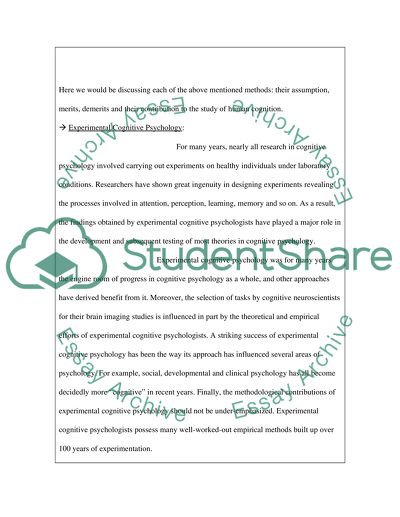Cite this document
(“Experimental Cognitive Psychology Essay Example | Topics and Well Written Essays - 2000 words”, n.d.)
Retrieved from https://studentshare.org/psychology/1529603-experimental-cognitive-psychology
Retrieved from https://studentshare.org/psychology/1529603-experimental-cognitive-psychology
(Experimental Cognitive Psychology Essay Example | Topics and Well Written Essays - 2000 Words)
https://studentshare.org/psychology/1529603-experimental-cognitive-psychology.
https://studentshare.org/psychology/1529603-experimental-cognitive-psychology.
“Experimental Cognitive Psychology Essay Example | Topics and Well Written Essays - 2000 Words”, n.d. https://studentshare.org/psychology/1529603-experimental-cognitive-psychology.


